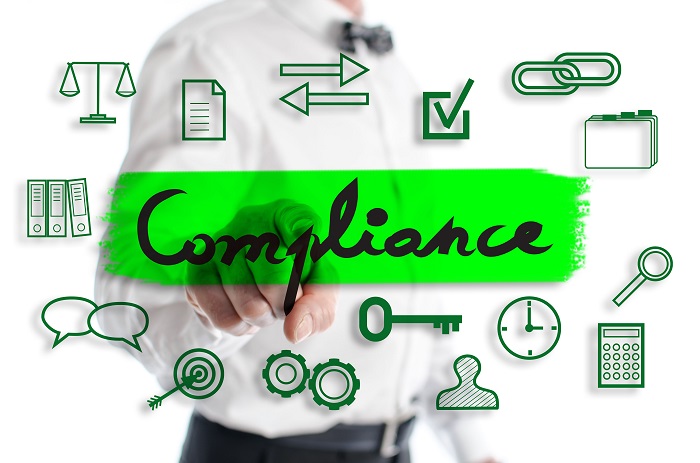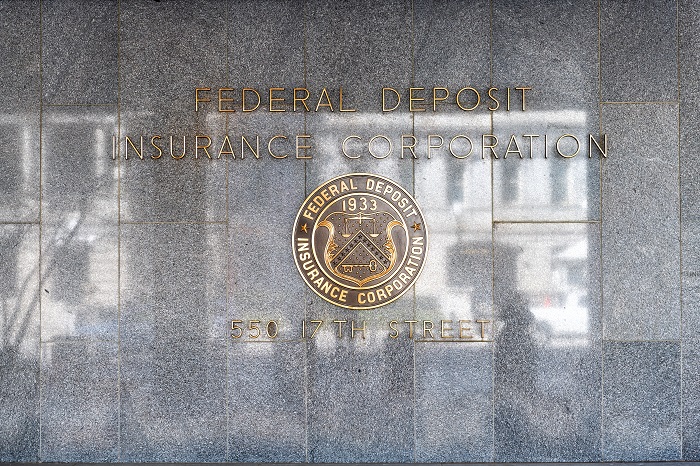Like many circuits in 2020, the Third Circuit did not author a large volume of opinions covering the Fair Debt Collection Practices Act (FDCPA) or the Telephone Consumer Protection Act (TCPA).
Posts published in “Compliance Management”
The Second Circuit was relatively quiet when it came to the Fair Debt Collection Practices Act (FDCPA) and the Telephone Consumer Protection Act (TCPA) in 2020, but when it did issue opinions, several were quite impactful in our industry.
The Consumer Financial Protection Bureau has released its final rule for the Fair Debt Collection Practices Act. The release of the rule promises to bring substantial changes in consumer debt collection practices.
The U.S. Supreme Court recently decided that a fix was needed to the federal Telephone Consumer Protection Act. But its decision in Barr v. American Assn. of Political Consultants, Inc. provides no TCPA relief for legitimate businesses that use technology to communicate with their customers.
The Federal Deposit Insurance Corporation (FDIC) recently issued its Final Rule clarifying the “Permissible Interest on Transferred Loans.”
On June 27, the City of New York’s new rules aimed at language access in debt collection become effective. I am often asked whether they apply to creditors as well. It appears that particular provisions of the new rules do cover creditors collecting their own debt.
Yesterday ARM industry trade associations ACA, New York State Collectors Association and the Receivables Management Association International (RMAI), along with the National Creditors Bar Association and the New York State Bar Association submitted a joint letter to the New York City Department of Consumer and Worker Protection (formerly the Department of Consumer Affairs) requesting a 60-day extension to the effective date of its new language preference rules.
The New York City Department of Consumer and Worker Protection has adopted new rules requiring debt collectors to provide consumers with language preference disclosures and an affirmative obligation to request and record the consumer’s language preference.
On June 1, the Office of the California Attorney General filed its proposed Final Text of Regulations relating to the California Consumer Privacy Act (CCPA) with the California Office of Administrative Law.
The U.S. Court of Appeals for the Fifth Circuit recently affirmed entry of summary judgment against a consumer debtor who claimed that a collection letter’s language, implying that interest or other charges (which the debt collector did not collect on debts referred to it by the creditor and were not referenced in the subject credit agreement) could accrue in the event of a default, violated the federal Fair Debt Collection Practices Act (FDCPA).
A number of states have tolled the statutes of limitations on legal actions in response to COVID-19. The Iowa Supreme Court announced a toll on statutes of limitations in a March 17 order regarding court procedures. According to a March 23 operations summary from the Iowa Judicial Branch: “The March 17th order is intended to toll the statute of limitations or similar deadline for commencing an action in district court by 48 days. Tolling means you add that amount of time to the statute of limitations. So, for example, if the statute would otherwise run on April 8, 2020, it…
The U.S. Court of Appeals for the Ninth Circuit recently held that the trial court had Article III jurisdiction and did not abuse its discretion in approving a settlement between a social media company and a nationwide class of its users who alleged that the social media company routinely scanned and collected their private information without their consent.










